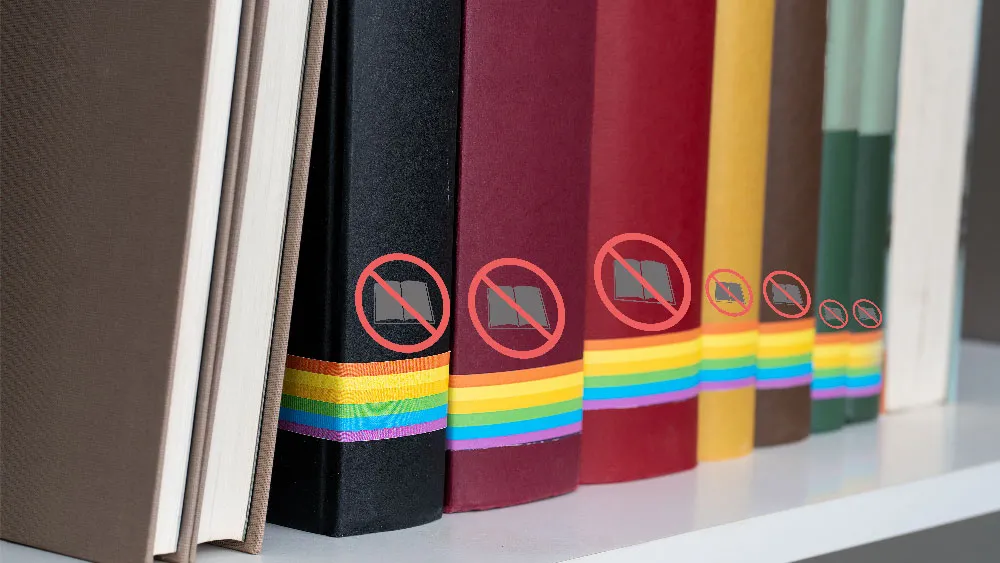May 18, 2022
Federal Judge Strikes Down Tennessee Bathroom Signage Law
Jonathan Mattise READ TIME: 2 MIN.
A federal judge on Tuesday struck down Tennessee's first-of-its-kind law requiring businesses to post special signs if they allow transgender people to use the bathroom of their choice.
The ruling by U.S. District Judge Aleta Trauger makes permanent her previous decision from July 2021 that blocked enforcement of the law just days after it took effect. Businesses had sued over the law, arguing the signs would violate their First Amendment rights by compelling them to communicate language they find offensive.
In her latest decision, the judge deemed the law "a brazen attempt to single out trans-inclusive establishments and force them to parrot a message that they reasonably believe would sow fear and misunderstanding about the very transgender Tennesseans whom those establishments are trying to provide with some semblance of a safe and welcoming environment."
The 2021 law was signed by Republican Gov. Bill Lee, who has approved a wide range of bills targeting the LGBTQ community with the support of the state's GOP-controlled Legislature. In the past several years, Tennessee has enacted more anti-LGBTQ laws than almost any other state in the country, with five approved last year and more signed this year.
The signage law was quickly met by multiple federal lawsuits. It was inserted into the state building codes and threatened potential violators with a warning followed by a misdemeanor offense, punishable by up to six months in jail and up to a $500 fine. Officials had conveyed unclear messages about how the measure was going to be enforced.
The law would have required that signs be posted in bold, uppercase letters outside public multiperson bathrooms, locker rooms or changing rooms wherever transgender people are not prevented from using the facilities of their choice. The sign, topped by the word "Notice," would say: "This facility maintains a policy of allowing the use of restrooms by either biological sex, regardless of the designation on the restroom."
The law also applied to public facilities on government-owned grounds.
The state of Tennessee has argued in court that the signs are merely factual. A spokesperson for the state attorney general's office did not immediately provide a comment in response to the ruling.
The law's sponsor, Republican state Rep. Tim Rudd, has said the law was needed because he is concerned about sexual predators taking advantage of loose restroom policies to assault or rape other restroom users.
The judge, meanwhile, wrote that there was nothing in the legislative record or in the course of the court challenge provided as evidence for the claims of supposed risk of sexual assault or rape, and no reason to think the signs would address such an alleged issue.
She wrote that state officials were relying on an "imagined consensus on issues of sex and gender" and "have no authority to wish those opposing viewpoints away."
Bob Bernstein and his restaurant company are plaintiffs in the case brought by the American Civil Liberties Union and its state chapter. Bernstein said Tuesday that the "government can't just force people to post discriminatory, inaccurate, and divisive signs in their places of business."
___
Kimberlee Kruesi in Nashville contributed to this report.





